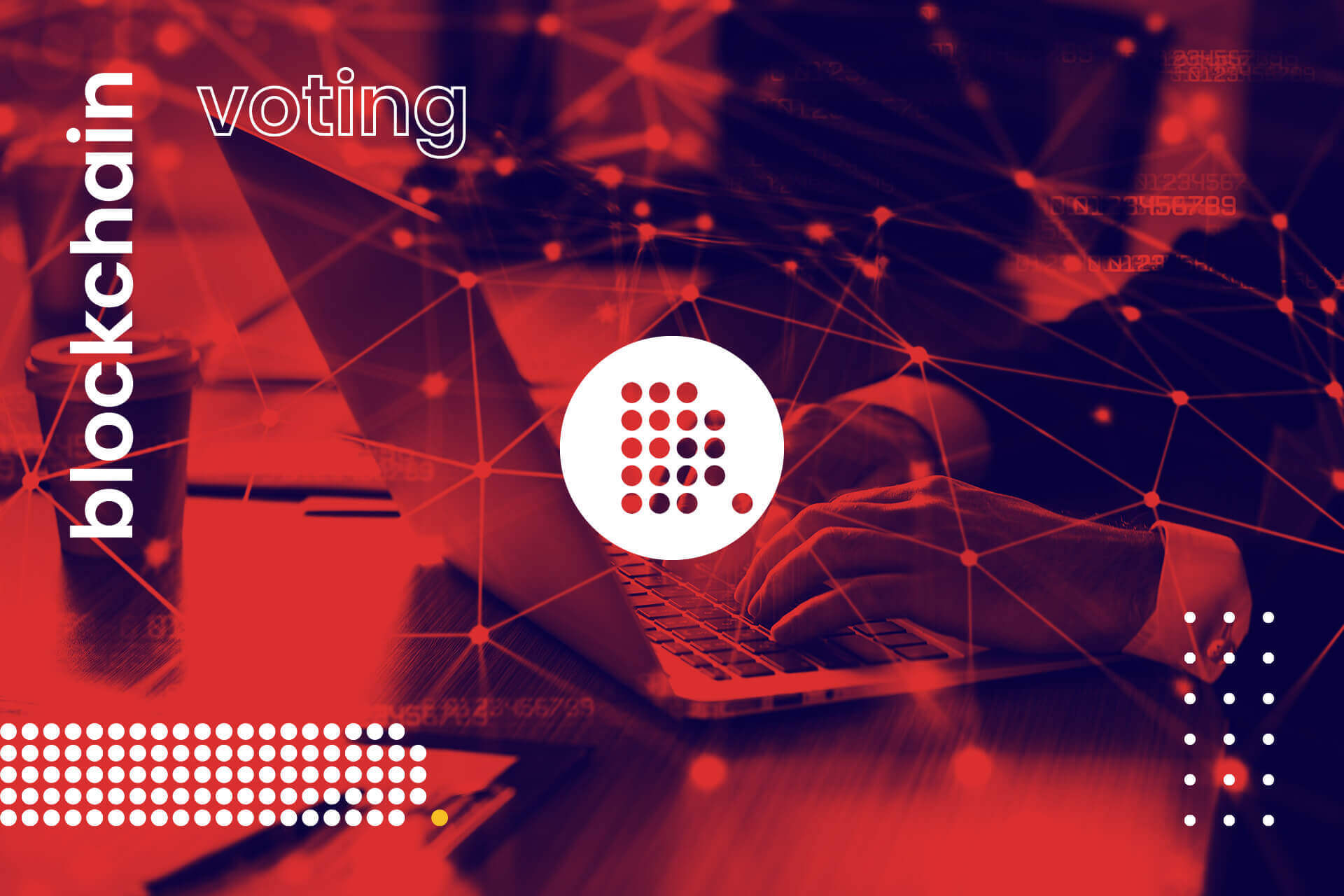
The staff memo of the United States Senate reveals, there is a possibility that blockchain technology might be used for the US Senate remote voting.
The Memorandum dated April 30 declares that the US Senate will consider blockchain technology as an option to conduct the remote voting for senators amidst to coronavirus pandemic.
The memorandum on “Continuity of Senate Operations and Remote Voting in Times of Crisis” was released by Permanent Subcommittee on Investigations. The document is created due to the upcoming Senate voting this week.
Amidst the COVID-19 pandemic, 100 Senate members have been working remotely. However, with the important votings waiting ahead, the key decision-makers are looking for alternative ways to reconvene if the pandemic continues.
Sponsored
According to the staff memo, remote participation should never take the place of in-person participation except in the most limited circumstances – crises, affecting the entire country. However, the current nationwide pandemic requires consideration of the best alternative ways to operate, communicate, and pass legislation safely.
Blockchain as an option for remote voting
The document claims, that blockchain remote voting might be used as one of the options alongside end-to-end encryption (E2EE) technology, which is already deployed in numerous applications widely used by the general public.
Sponsored
Meanwhile, with its encrypted distributed ledger, blockchain can both transmit a vote securely and also verify the correct vote. According to the memo, these attributes might make blockchain even useful for broader electronic voting:
Blockchain can provide a secure and transparent environment for transactions and a tamper-free electronic record of all the votes. It also reduces the risks of incorrect vote tallies.
The document adds, that some companies already started to deploy blockchain technology to help countries, like EU member country Estonia, to run elections online.
Security concerns
However, the Senate is still concerned about the risk that majority control of the blockchain could fall into the wrong hands. The document claims, that any blockchain voting system would need to eliminate 51% threat in order to prevent hacking and purposely taking the majority control of votes.
Other security concerns for remote blockchain voting in the Senate include possible vulnerabilities from cryptographic flaws and software bugs.
Regarding the security concerns of using online systems for voting, the memo claims that these concerns “are more specific to secret ballot elections than they are to public Senate votes”.
